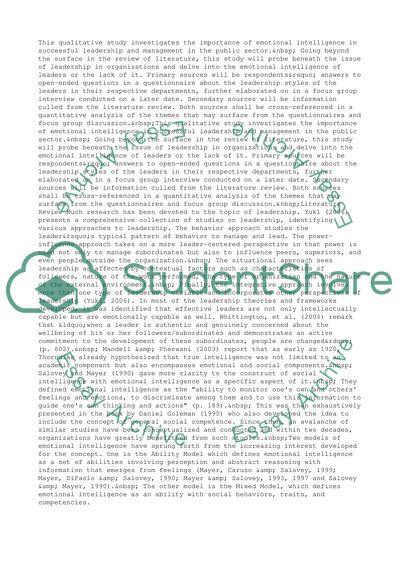Cite this document
(A Link Between Emotional Intelligence and Leadership Style Assignment, n.d.)
A Link Between Emotional Intelligence and Leadership Style Assignment. Retrieved from https://studentshare.org/management/1464102-an-investigation-in-to-a-link-between-emotional
A Link Between Emotional Intelligence and Leadership Style Assignment. Retrieved from https://studentshare.org/management/1464102-an-investigation-in-to-a-link-between-emotional
(A Link Between Emotional Intelligence and Leadership Style Assignment)
A Link Between Emotional Intelligence and Leadership Style Assignment. https://studentshare.org/management/1464102-an-investigation-in-to-a-link-between-emotional.
A Link Between Emotional Intelligence and Leadership Style Assignment. https://studentshare.org/management/1464102-an-investigation-in-to-a-link-between-emotional.
“A Link Between Emotional Intelligence and Leadership Style Assignment”, n.d. https://studentshare.org/management/1464102-an-investigation-in-to-a-link-between-emotional.


